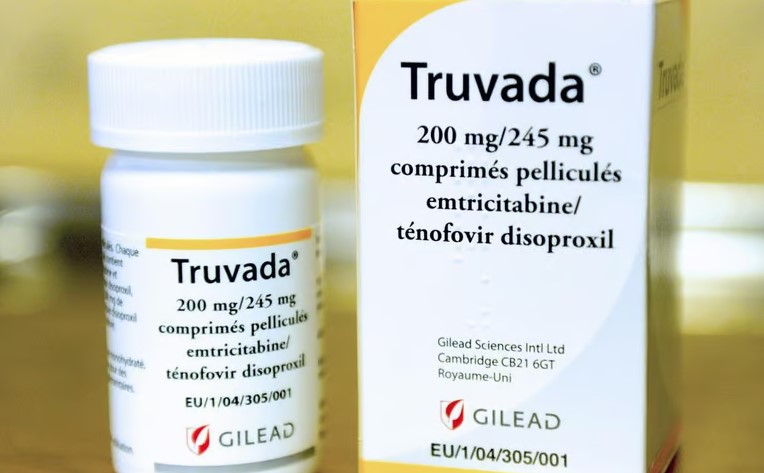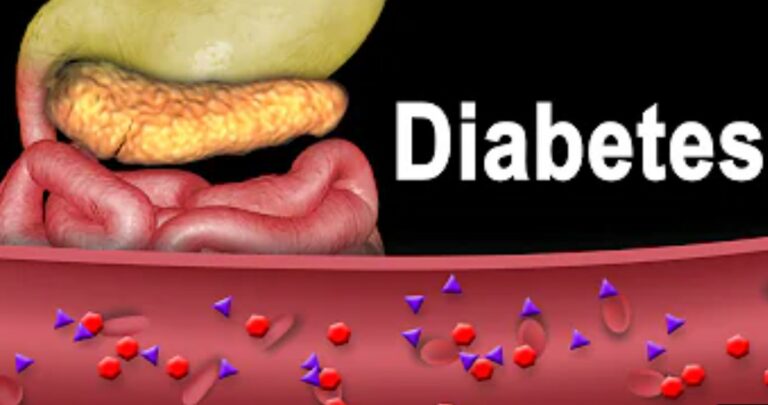What is Truvada? Dosage, And Side Effects
What is Truvada?
Truvada is a drug used for HIV pre-exposure prophylaxis (PrEP), which is a preventive medication that helps reduce the risk of getting HIV. Truvada contains two active ingredients, tenofovir disoproxil fumarate (TDF) and emtricitabine, which work together to prevent HIV from multiplying and spreading throughout the body.

This medication is approved by the US Food and Drug Administration (FDA) for use as PrEP to prevent the transmission of HIV among people at high risk of infection. Truvada works by blocking the action of an enzyme that the HIV needs to replicate itself in the body. By blocking this enzyme, the medication can prevent the virus from spreading and causing an infection.
Dosage:
Truvada is taken once a day, with or without food. The recommended dose is one tablet (containing 200 mg of emtricitabine and 300 mg of tenofovir disoproxil fumarate) per day. For maximum effectiveness, it is essential to take Truvada every day, preferably at the same time each day. If a dose is missed, the medication should be taken as soon as possible. However, if it is almost time for the next scheduled dose, the missed dose should be skipped and the regular dosing schedule should be resumed.
Side Effects:
Like all medications, Truvada can cause side effects, although not everyone experiences them. The most common side effects of Truvada include:
- Nausea and vomiting: Truvada can cause stomach upset, which may lead to nausea and vomiting. These symptoms usually improve over time, but they can be managed by taking the medication with food.
- Headache: Some people may experience headaches while taking Truvada. These can usually be managed with over-the-counter pain relievers.
- Diarrhoea: Truvada can cause diarrhoea, which may be severe in some cases. If diarrhoea persists or is accompanied by other symptoms, such as abdominal pain or fever, a healthcare provider should be consulted.
- Weight loss: Some people may experience weight loss while taking Truvada. This is usually mild and can be managed by maintaining a healthy diet and exercise routine.
- Dizziness: Truvada can cause dizziness, especially when first starting the medication. It is important to avoid activities that require alertness until the body adjusts to the medication.
- Bone loss: Truvada can cause a loss of bone density, which may increase the risk of fractures. This is more common in people who have taken the medication for a long time. Regular bone density tests may be recommended for people taking Truvada.
- Kidney problems: Truvada can cause kidney problems, including kidney failure. This is more common in people who have pre-existing kidney disease or other risk factors. Regular kidney function tests may be recommended for people taking Truvada.
- Liver problems: Truvada can cause liver problems, including liver failure. This is rare but can be serious. Signs of liver problems include yellowing of the skin or eyes, dark urine, and abdominal pain. A healthcare provider should be consulted immediately if these symptoms occur.
- Increased risk of HIV drug resistance: If Truvada is not taken consistently or as directed, the virus can become resistant to the medication.
It is also important to note that Truvada is not 100% effective in preventing HIV, and it should be used in combination with other preventive measures such as condoms and regular HIV testing. Additionally, Truvada is not a treatment for HIV and should not be used to treat people who already have the virus.






